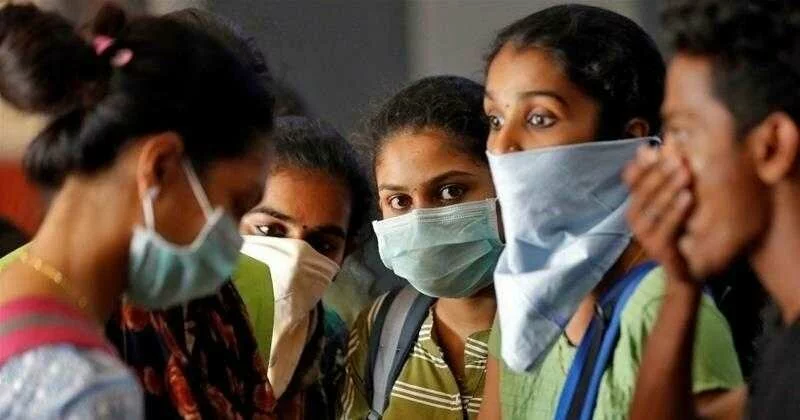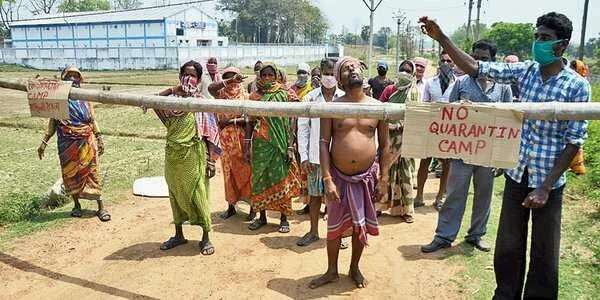
Herd Immunity Against Coronavirus: What Is It And Can It Help India Beat COVID-19?
- 2020-04-26 05:02
- By indiatimes.com
Since the outbreak of Coronavirus across the world, countries have been targeting to achieve herd immunity against it as the only guarantee of normalcy to return. Measles, mumps, polio, and chickenpox are examples of infectious diseases for which vaccines were used to establish herd immunity. The other way is widespread infections, based on the assumption that majority of the population will be able to develop immunity against the disease. As can be understood, this is a risky strategy and still leaves certain age groups vulnerable to the disease, as herd immunity is mostly focussed on the healthy, young portion of the population. UK Prime Minister Boris Johnson supported it back in March and hence did not ban large gatherings or close schools. One reason is that even if the infection is allowed to spread among young, healthy people, the virus might be enough to hospitalise, if not kill them. To control this rate of spread, stretch out the number of cases observed within a day and hence avoid a burden on the medical supplies. Dr. Maria Van Kerkhove, an infectious disease epidemiologist at the World Health Organization (WHO), explained as per a CNN report that it's not known whether people who have been exposed to the virus become completely immune to it and if they do, for how long is it effective. Gaining herd immunity through widespread infection would render the ongoing lockdown strategy useless. This is again based on the assumption that the young generation of a region will be able to host the virus without being hospitalised or dead.

PCB refers Umar Akmal matter to Disciplinary Panel Chairman


